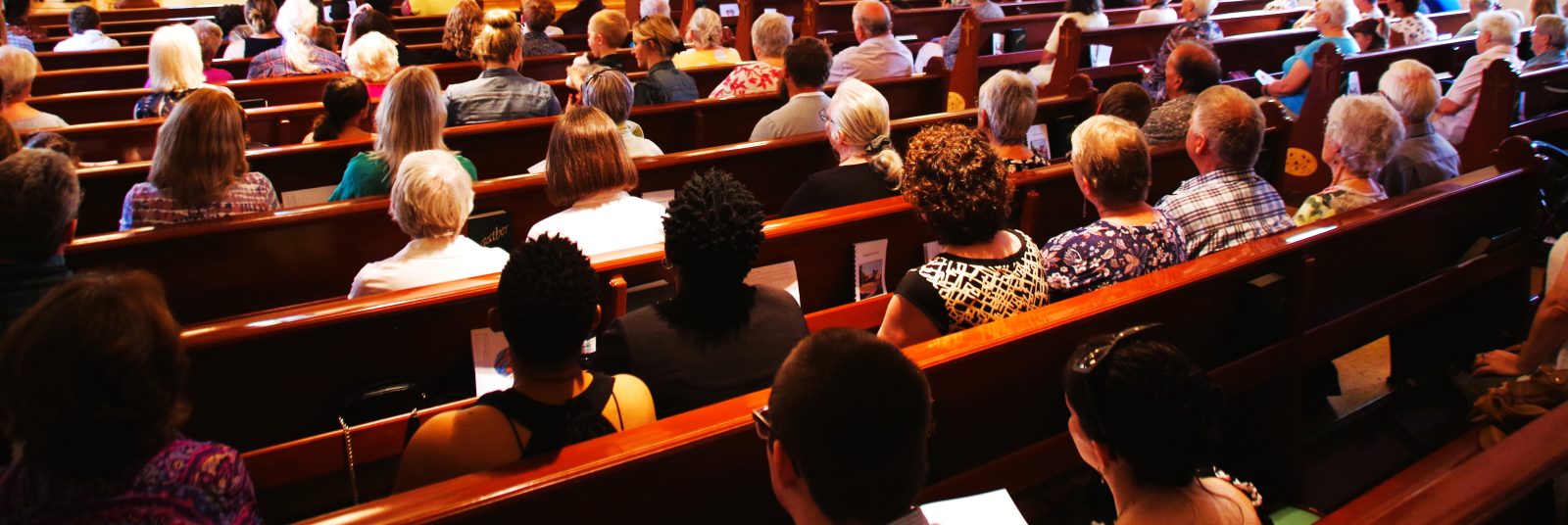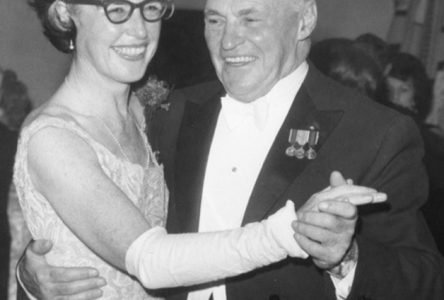In life, we sometimes have a choice, but at other times, we don’t. I’ve usually been able to select the colour of the tie I wear, the shoe size I prefer and what I choose to do with my free time. However, I had absolutely no say as to where I was born, what I was to eat for the first couple of years and when my course assignments were to be submitted.
This week let’s explore the pluses and minuses of choosing to take up the position of rear, behind, following, end or last.
If travelling through a minefield, it’s definitely best to be the last in the convoy. Statistics show that in a car crash, or aircraft making a forced landing, survival rate is higher for those closer to the back seats and closer to the rear.
The next time you take a bus tour, it may be best if you take a seat in the rear, especially if you are taking diuretics such as furosemide or Lasix. You’ll have quicker access to the bus ‘facilities’, ‘John’, ‘conveniences’. In the vernacular of my Boy Scout days, it was called the ‘kybo’.
I’ve been told that in Ireland, the men always pack the pews at the back of the church. Why? So that at the end of the service they can rush out the door and across the street to have a refreshing pint at the pub.
In most of the parish churches I’ve attended since emigrating to Eastern Ontario in 1976, I’ve noticed that only a few of the parishioners sit near the front. The vast majority occupy the pews as far back as possible. One justification I’ve heard for that is that those aren’t well-versed in the complex ritual of when to genuflect, or sit, or stand, or kneel.
Another explanation I was given referred to a particular priest. When he got wound up delivering his hellfire and brimstone sermons, more than words would spray toward the first few rows of parishioners.
In Scripture, Luke 12: 7-14, we are told that Jesus noticed that presumptuous guests rushed to claim the places of honour near the wedding feast head table. They might be ousted so that someone more distinguished would be given that place.
Experienced teachers take notice of how pupils rush to select their seats on the first day of class. It doesn’t take long to modify their choices in the formal seating plan that is to be followed. The sly fox isn’t allowed to take a place next to a chicken; the stubborn donkey may require some occasional prodding. Dynamite isn’t kept beside flame.
“Charlie, here’s a seat that will suit you – and Mary, far better. Thank you.”



